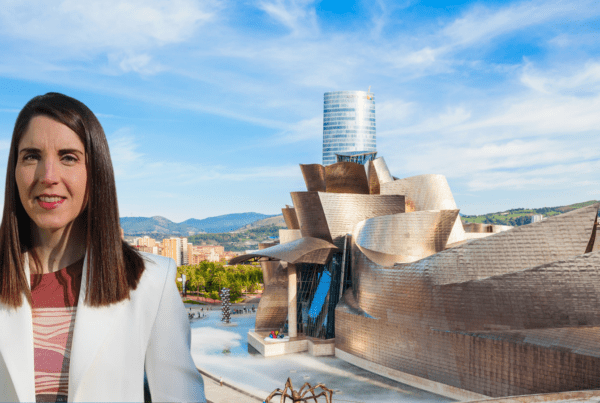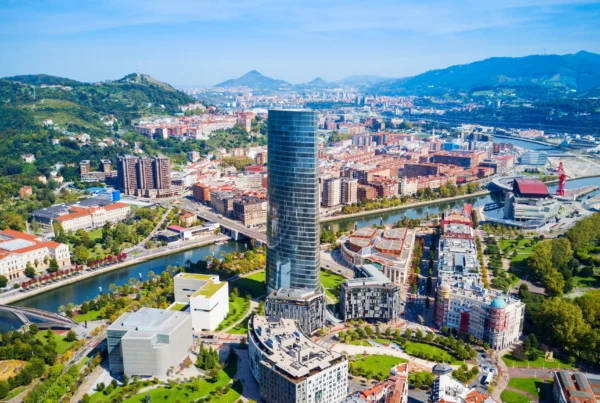Integrating local governments into national climate and energy planning through multilevel dialogue
The transition towards a sustainable, decentralised and decarbonised energy system is a collective endeavour. Local and regional governments across Europe are already demonstrating leadership, delivering a significant share of the EU’s climate objectives. Yet, despite their strong track record and growing involvement, their role in shaping national climate and energy strategies remains fragmented. Ongoing negotiations on Energy Union Governance open the door to correcting this imbalance by establishing permanent Multilevel Climate and Energy Dialogue Platforms.
Building on local experience
Cities and regions have proven to be persistent drivers of Europe’s energy transition, with research showing they contribute to more than a third of the EU’s 2020 climate target. Initiatives like the Covenant of Mayors have showcased how local ambition can exceed European targets, but without a formal structure, their contributions risk being underutilised. The European Parliament’s proposal for dialogue platforms would ensure local authorities, alongside civil society and business stakeholders, are systematically involved in drafting, monitoring, and reviewing National Energy and Climate Plans (NECPs) and Long-Term Strategies.
Such platforms would offer multiple benefits: continuous political support, feedback loops between delivery agents and policymakers, shared responsibility across sectors, stronger policy implementation, and the spread of best practices across Member States.
National examples to inspire Europe
Several countries already provide valuable models. In the Netherlands, municipalities and provinces negotiate national energy strategies with the government and social partners, resulting in formal agreements and regional climate plans. France has institutionalised citizen and stakeholder involvement through its Public Debate Commission, engaging the public directly in shaping energy programmes. Sweden demonstrates the value of capacity-building, with national agencies supporting local governments in setting and implementing climate objectives aligned with national goals.
These examples show that permanent platforms for dialogue are both feasible and effective. Institutionalising multilevel dialogue under the Energy Union Governance would not only ensure that the EU benefits from the proven ambition of local authorities but also strengthen the democratic legitimacy and efficiency of Europe’s energy transition. Local governments are ready to contribute, what is needed now is a framework that guarantees their voice is heard at every stage.
For more information, contact:

Policy Officer – Energy and Environment







